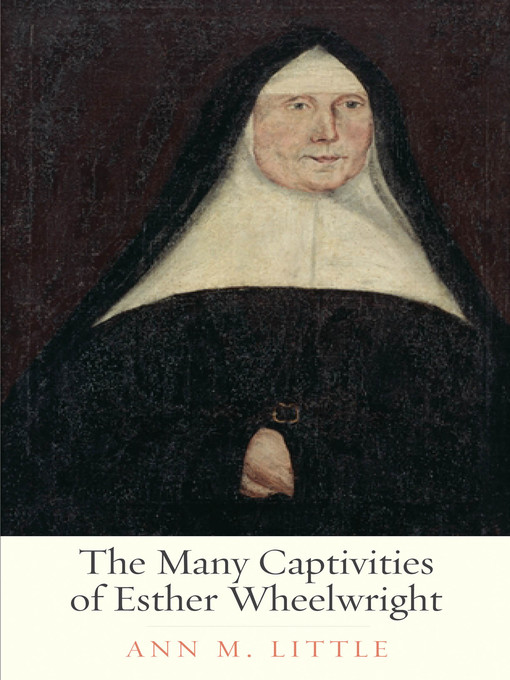An eye-opening biography of a woman at the intersection of three distinct cultures in colonial America
Born and raised in a New England garrison town, Esther Wheelwright (1696–1780) was captured by Wabanaki Indians at age seven. Among them, she became a Catholic and lived like any other young girl in the tribe. At age twelve, she was enrolled at a French-Canadian Ursuline convent, where she would spend the rest of her life, eventually becoming the order's only foreign-born mother superior. Among these three major cultures of colonial North America, Wheelwright's life was exceptional: border-crossing, multilingual, and multicultural. This meticulously researched book discovers her life through the communities of girls and women around her: the free and enslaved women who raised her in Wells, Maine; the Wabanaki women who cared for her, catechized her, and taught her to work as an Indian girl; the French-Canadian and Native girls who were her classmates in the Ursuline school; and the Ursuline nuns who led her to a religious life.
- Available now
- New eBook additions
- New kids additions
- New teen additions
- Most popular
- Try something different
- NYPL WNYC Get Lit Book Club
- Spotlight: Toni Morrison
- See all ebooks collections
- Available now
- New audiobook additions
- New kids additions
- New teen additions
- Most popular
- Try something different
- NYPL WNYC Get Lit Book Club
- Spotlight: Toni Morrison
- See all audiobooks collections


